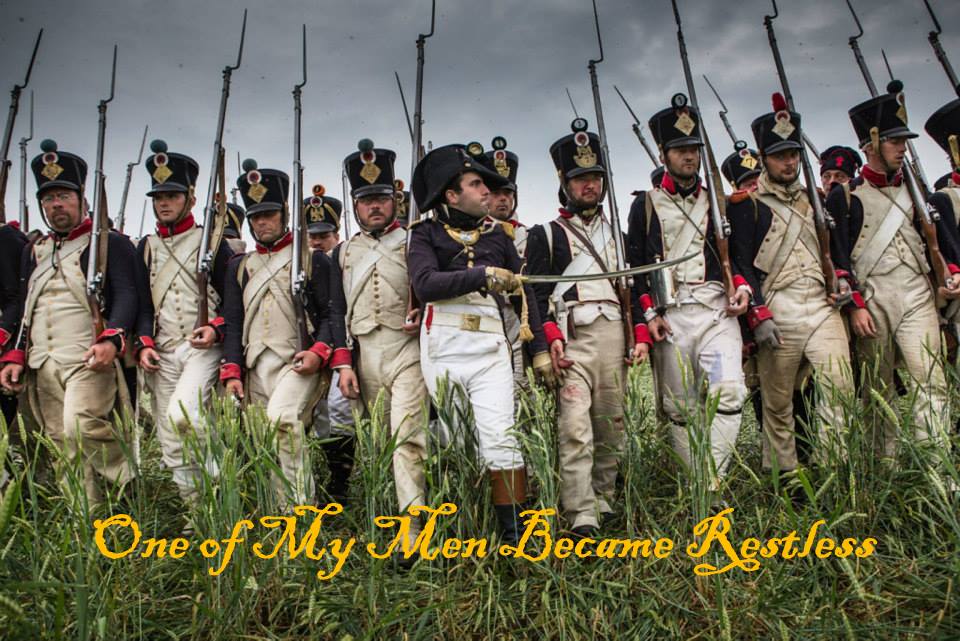 |
| I documented my attempts at making hedgerows primarily so I could remember how to make more if my technique worked. Having seen many tutorials online already I thought I saw room for improvement. I'll let you be the judge. (Battle mat is the Cigar Box - Plush - Just Fields one that came out recently. See more of that, and the finished hedges here. |
 |
| Two pieces of basic kit for any modeler is the white glue and the lolly stick. I have a bigger bottle of glue I feed into this smaller one for more dexterous handling. |
 |
| Save those old sprues gentlemen! These all had flat round protuberances along the lengths into which I drilled a central hole with the hand drill at right. You'll see why below. |
 |
| White glue was perfectly adequate for this part. Allow time for adequate drying. |
 |
| Further, I had Woodland Scenics cut and broken stumps lying around for ages and unused so thought I'd add these in to break up the lengths. |
 |
| Also a few odds and ends from outside - washed and dried first of course. |
 |
| Finishing up ... |
 |
| Note the one with the open entry - exactly one cavalry base wide. With modeling paste, I created some ground for the logs to rest upon. |
 |
| Part III: The Painting: Rustoleum Camouflage Brown spayed over the lot. I didn't worry too much about penetrating the green scour pad - seems it'd be ok if that came through if I missed a spot. And because I wanted the bases to be dark brown, I didn't miss anything. |
 |
| There's no reason for fancy hobby sprays for this kind of thing. Please save your money here. |
 |
| On to painting. Wood furniture is brown, but natural tree trunks are often brown tinged variations on grays. Cheap craft paints here. Again, save your Masterclass paints for the miniatures. |
 |
| Tracks, also in modeling paste, grooved in with a toothpick. Note to self: when you do go back and make more of these, do a couple with a small gate. |
 |
| Piled stone wall - this does not look authentic to me and I won't do it again. |
 |
| Part IV - The Flocking: Super Leaf! I love this product! It appears on close inspection, to be colored and shredded plastic bag material. Tacky glue for the bulk but I needed to get into tighter spaces with the white glue - especially around the stumps. Also, I used the white glue to spot-fill places I missed without already disturbing the tacky portions. |
 |
| Why are only half of the hedges done? So that I had something to grip while brushing on the glue on the other side. |
 |
 |
| All were sprayed with Scenic Cement as a final touch. |
You'll see these hedges again as I complete my Blue Moon ECW forces. Thanks for looking and as always, questions, comments and followers are welcome and encouraged.





















